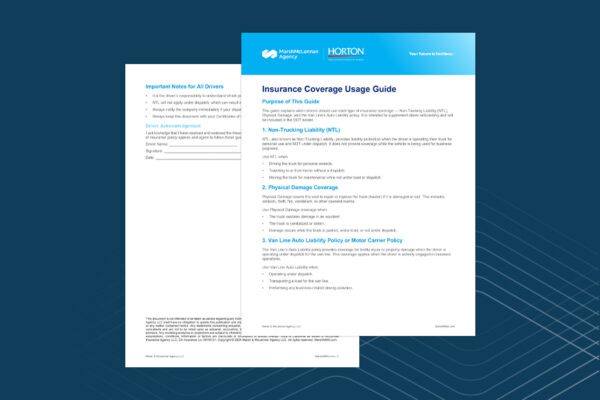By: Sam Veith
Several factors can impact the cost of your construction insurance. And your answer will vary depending on if you’re a general contractor, subcontractor, residential/home service contractor or a commercial construction company getting their start. So, where do you start when contemplating what(or who) actually determines your insurance cost? The quick answer may surprise you: the biggest influences are your underwriters…and yourself!
In this article, I will explore both the long and short answers. For now, let’s start with the short(er) answer.
Underwriters who quote a construction company’s insurance look at many factors. The more comfortable an underwriter is with your risk, the better price you get. Construction insurance pricing can be boiled down to a simple equation:
Losses X Data / Your Story X Market Representation = Your Insurance Cost
- Losses: If you have a lot of claims/losses, you won’t get the best deal. Safety programs and corrective action impact how many claims occur. Hence, being safe saves money.
- Data & Your Story: This is where it’s important to work with an experienced agent. You will want to work with someone who can tell a good story to your Underwriters and who will take the initiative to send them extra data to show how good of a risk you are. Examples of data include Executive Summary, Subcontractor Agreements, Safety Manual, Employee Handbooks, Financials, Claim Explanations and Corrective Actions taken to prevent the claims from repeating, etc.
- Market Representation: Simply put, this refers to the carriers an agent can access. Does your agent have the right carriers for construction risks? And how good are they at negotiating the cost of each line of coverage? Ideally, an agent will create competition among carriers to drive down the overall cost of your premiums.
Now, here’s the long answer: An underwriter’s job at each insurance carrier is to determine the pricing for each line of coverage that a contractor needs to be insured. Underwriters set rates that factor into a rating exposure to determine the cost of each coverage line.
An underwriter typically prices out the below lines of insurance for most construction company’s insurance premiums. For this article, I am sticking with the basic coverages that are the most popular for construction operations. Next to each line is a description of what is used to rate it:
Coverage Line |
Rating Exposure |
|
Commercial General Liability (CGL): |
Payroll per job class code |
|
Commercial Property Insurance:
|
Building Value Gross Revenue associated with a Property loss |
|
Inland Marine (jobsite tools/equipment) |
Values of tools/equipment & materials |
|
Business Auto |
|
|
Umbrella |
Combo of General Liability, Commercial Auto, Workers Comp exposures
|
|
Work Comp |
Payroll for each job class code |
You can see above that each coverage is priced based on various rating exposures and values for each line of coverage. It can get very complicated to decipher between each coverage and exposure while evaluating how good the rates are for each piece of your construction insurance program. Frankly, it is A LOT of work for the Underwriters, too.
Construction is a high-risk business. The more information showing how you mitigate that risk proactively (safety programs, hiring practices, etc.) and respond to claims reactively (especially work comp injuries), the better chance you will have at getting an Underwriter excited about working with you. More excitement from an Underwriter means a lower cost for your construction insurance program. Set up a consultation with one of Horton’s construction insurance experts to evaluate your risks and ensure you are covered accordingly.
Material posted on this website is for informational purposes only and does not constitute a legal opinion or medical advice. Contact your legal representative or medical professional for information specific to your legal or medical needs.




